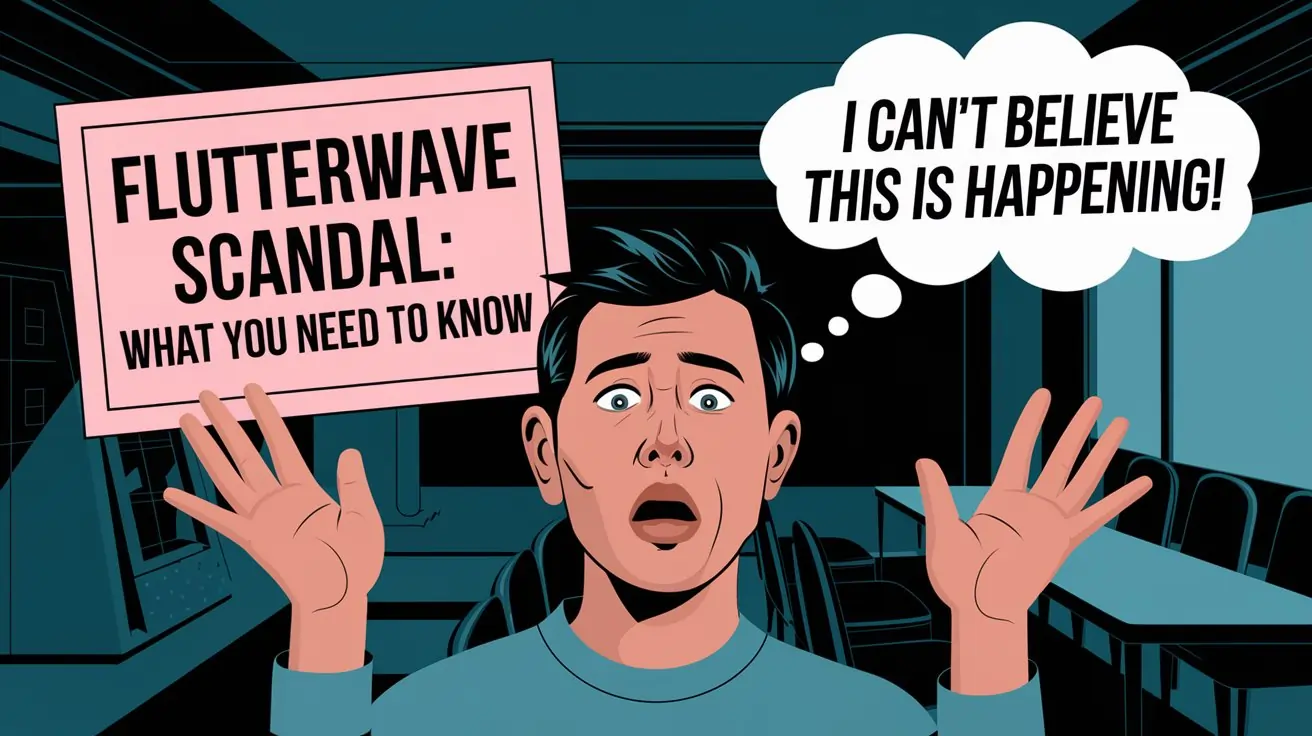The Direct Fairways lawsuit involves legal problems faced by a marketing company called Direct Fairways, which worked with golf courses in the United States. The company offered advertising services, promising to help businesses grow by promoting them through golf course materials like yardage books, tee signs, and scorecards.
However, many people started complaining. Some said the company took their money without providing the promised service. Others claimed that ads were placed at golf courses without permission, leading to legal action.
Why Businesses Filed Complaints Against Direct Fairways
Small business owners trusted Direct Fairways because they believed it would help attract more customers. But soon, problems arose. Here are some of the reasons for complaints:
- Aggressive sales tactics used by Direct Fairways.
- Business owners were charged money without clear permission.
- Ads were never printed or displayed, as promised.
- Some golf courses said they had never worked with Direct Fairways.
Due to these issues, multiple lawsuits and complaints were filed, with many reaching the Better Business Bureau (BBB).
Legal Claims in the Lawsuit
The lawsuits against Direct Fairways often included the following legal issues:
- False advertising – Some customers claimed the company made false promises.
- Unauthorized charges – Some were billed even after canceling the service.
- Poor or no service – Business owners said they paid but didn’t get what was promised.
- Misleading sales calls – The sales team was accused of providing false information to secure a sale.
These complaints showed that many felt the company wasn’t transparent or honest with their business practices.
Impact on Business Owners
Small businesses trusted Direct Fairways, believing that advertising at golf courses would help attract local attention. However, when the promised services didn’t materialize, many businesses lost money. Some lost hundreds of dollars, while others lost thousands.
Some business owners said they were not fully informed about the total cost. Others were told it was a one-time payment, only to find themselves billed again. A few even reported that salespeople became rude when they tried to cancel or request a refund.
What Direct Fairways Said in Response
Direct Fairways did respond to some complaints, claiming that many of their customers were satisfied with the service. They also argued that some complaints came from customers who misunderstood the terms. In some cases, the company issued refunds or tried to resolve issues, but many customers reported not receiving help or replies.
After the complaints grew, some people claimed that Direct Fairways updated their website and business practices, but these changes didn’t fully stop the legal issues.
What the Better Business Bureau (BBB) Reports Show
The BBB received over 100 complaints about Direct Fairways. Most complaints were about billing issues and service failures. As a result, the company earned a low rating, and many issues remained unresolved. This made it harder for Direct Fairways to gain trust from potential clients.
Many customers shared their experiences online, which made other businesses more cautious about working with the company.
Lessons for Small Business Owners
The Direct Fairways case teaches small business owners to be cautious when entering marketing deals. Here are some tips to follow:
- Always read the full terms and conditions.
- Don’t give payment details over the phone unless you trust the company.
- Look up reviews and ratings before agreeing to any deal.
- Ask for proof of past work or examples before paying.
- Use written contracts to protect yourself.
Also, if you have a bad experience, report it to the Federal Trade Commission (FTC) or the BBB, as these reports can help protect others.
Are There Any Active Lawsuits Now?
As of now, most public lawsuits against Direct Fairways appear to have slowed down, but the company’s reputation remains affected. Some legal websites still list details of past legal claims. If you believe you were harmed by Direct Fairways, it’s still possible to consult a lawyer to see if a lawsuit can be filed.




